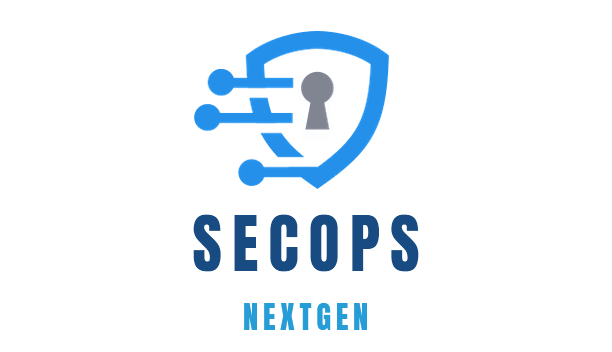In our increasingly interconnected world, artificial intelligence (AI) has emerged as a powerful catalyst for innovation and progress. From healthcare to finance and autonomous vehicles, AI technologies are transforming industries and reshaping the way we live and work. However, as we venture deeper into this digital age, the importance of ethical AI security cannot be overstated. Responsible practices in developing and deploying AI not only protect individuals and organizations from harm but also help build trust in technology that is becoming pervasive in our daily lives.
Understanding Ethical AI Security
Ethical AI security involves a framework of principles and best practices aimed at ensuring that AI systems are designed, implemented, and monitored in ways that are consistent with ethical standards and human rights. This goes beyond mere compliance with laws and regulations; it is about fostering a culture of responsibility that prioritizes accountability, transparency, and fairness.
Key components of ethical AI security include:
-
Data Privacy: AI systems rely heavily on data, often personal and sensitive information. Ensuring that data is collected, stored, and processed in a way that respects individuals’ privacy rights is paramount. Organizations must implement robust data protection measures and adhere to stringent privacy regulations, such as the General Data Protection Regulation (GDPR) in Europe.
-
Bias Mitigation: AI algorithms are susceptible to biases, which can lead to unfair or discriminatory outcomes. Ethical AI security necessitates the continuous monitoring and auditing of models to identify and mitigate biases. This requires diverse datasets and transparency in algorithmic decision-making to achieve fairness in AI applications.
-
Accountability and Governance: With the growing complexity of AI systems, establishing clear lines of accountability is essential. Organizations must implement governance frameworks that define roles and responsibilities for AI development, deployment, and oversight. This promotes a culture of responsibility and ensures that there are mechanisms in place for ethical decision-making.
-
Human Oversight: While AI can automate numerous tasks, it is essential to maintain human oversight over critical decisions. This is particularly relevant in sectors like healthcare and criminal justice, where the consequences of automated decisions can have significant implications for individuals and society.
- Security Measures: Cybersecurity is a critical dimension of ethical AI security. AI systems are attractive targets for cyberattacks, which can compromise data integrity and availability. Organizations must adopt rigorous cybersecurity practices, including threat detection, vulnerability assessments, and incident response protocols.
The Importance of Responsibility
The consequences of neglecting ethical considerations in AI security are profound. Incidents involving AI-driven discrimination, privacy breaches, and security vulnerabilities can have far-reaching effects on individuals and communities. In addition, they can undermine public trust in AI technologies and hinder progress in harnessing their potential benefits.
Here are several reasons why responsibility matters in ethical AI security:
-
Building Trust: As AI technologies become more integrated into our lives, public trust is crucial. Demonstrating a commitment to ethical standards and security practices can enhance trust between technology providers and users, fostering a more conducive environment for innovation and adoption.
-
Protecting Stakeholders: Ethical AI security is not just about safeguarding organizations; it is also about protecting individuals and communities. When ethical considerations are embedded in AI systems, the risk of harm is minimized, and the rights of users are upheld.
-
Enhancing Business Reputation: Companies that prioritize ethical AI security can differentiate themselves in a competitive market. A strong reputation for ethical practices is increasingly becoming a factor in consumer choice and can lead to increased customer loyalty and market share.
-
Mitigating Legal Risks: Failure to address ethical considerations can expose organizations to legal liabilities and regulatory penalties. By proactively implementing ethical AI security measures, organizations can mitigate risks and navigate the complex legal landscape surrounding AI technologies.
- Promoting Inclusive Innovation: Ethical AI security fosters an inclusive approach to technology development, ensuring that the benefits of AI are accessible to diverse populations. This inclusive innovation can lead to more equitable outcomes and encourage diverse perspectives in AI development.
Conclusion
In this digital age, the ethical implications of AI are too significant to ignore. As AI technologies continue to evolve and permeate every facet of our lives, embracing ethical AI security is imperative. By prioritizing responsibility, organizations can not only protect themselves and their stakeholders but also contribute to a future where AI is harnessed for the greater good. The road ahead may be challenging, but a commitment to ethical principles will pave the way for a secure, trustworthy, and equitable digital landscape.

![[Webinar] Shadow AI Agents Multiply Fast — Learn How to Detect and Control Them](https://secopsnextgen.com/wp-content/uploads/2025/09/webinar-500x383.jpg)


Deixe o seu comentário